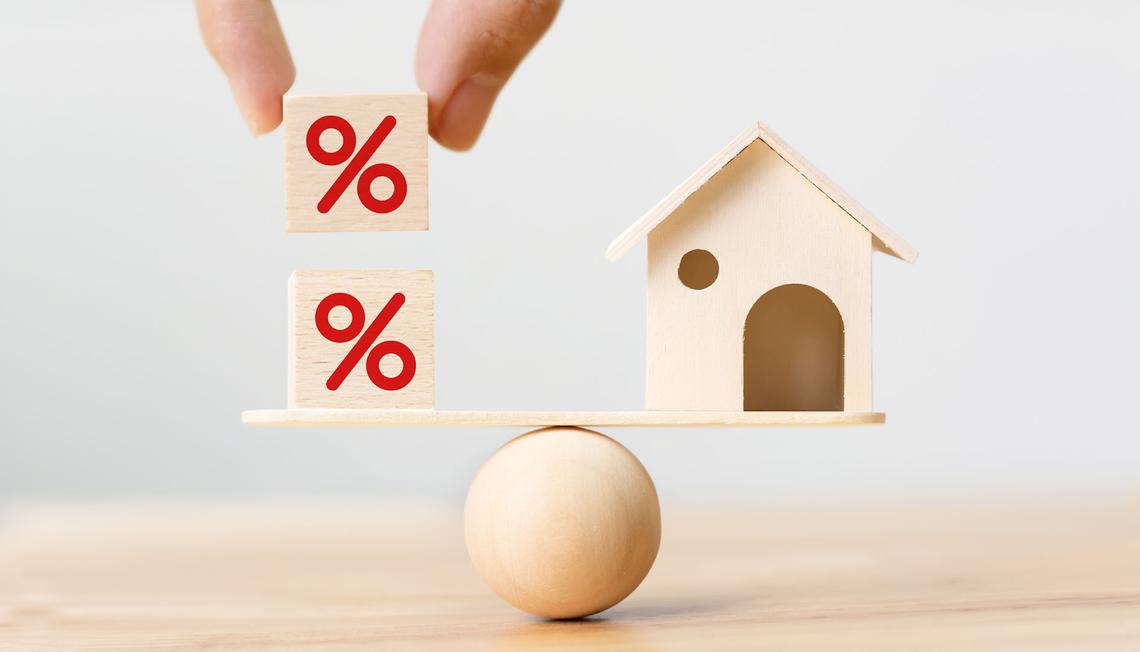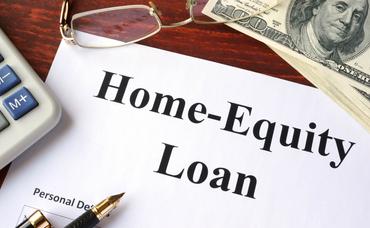Buying a house is a big decision, and there are many factors to consider before making your final choice. One crucial factor that you should keep in mind is interest rates. Let’s take a look at some of the most common questions we get about how interest rates can affect your home-buying decisions.
What are interest rates?
Interest rates are the fees that you have to pay when you borrow money. It’s like a little extra cost for borrowing the money that you need to buy your house. Interest rates are usually expressed as a percentage of the loan amount. They can either be fixed, meaning they stay the same throughout your loan, or variable, meaning they can change over time.
How do interest rates affect how much interest I will pay over time?
Interest rates determine how much you will pay in interest over the life of your loan. The higher the interest rate, the more you will pay. This means that you may not be able to afford as much house as you would like.
How do interest rates affect the kind of house I can buy?
Interest rates affect how much house you can afford. When interest rates are low, you can afford to borrow more money because your monthly mortgage payments are lower. On the other hand, when interest rates are high, your monthly payments will be higher, and you may not be able to afford as much. This directly affects the size and quality of the house you can buy.
How do interest rates affect affordability?
Interest rates also affect the affordability of your home. Affordability is the ratio of your monthly housing expenses to your monthly income. When interest rates are high, your monthly mortgage payments are higher, and your housing expenses will be higher. This can make it difficult to afford your home, especially if your income stays the same. However, when interest rates are low, your monthly mortgage payments are lower, which means that your housing expenses are lower. This can make it easier to afford your home, even if your income stays the same.
How do interest rates affect refinancing?
Interest rates also play a significant role in refinancing decisions. When you refinance, you replace your existing mortgage with a new one. When interest rates are low, refinancing can be an excellent option because you can save money on interest over the life of the loan. But, when interest rates are high, refinancing may not make as much sense because you may end up paying more in interest.
How can I get a lower interest rate?
Getting the lowest interest rate possible is a priority for most home buyers. Here are a few tips on how you can get a lower interest rate:
- Get pre-approved for a mortgage: This can help you understand how much house you can afford and make your offer more attractive to sellers.
- Lock in your interest rate: When you find the perfect house, lock in your interest rate as soon as possible to ensure you get the lowest rate possible.
- Consider a shorter loan term: If you can afford it, then a shorter loan term can help you save money on interest over the life of your loan.
- Pay points: Paying points can help you get a lower interest rate, but you will have to pay more upfront.
Compliments of Virtual Results






